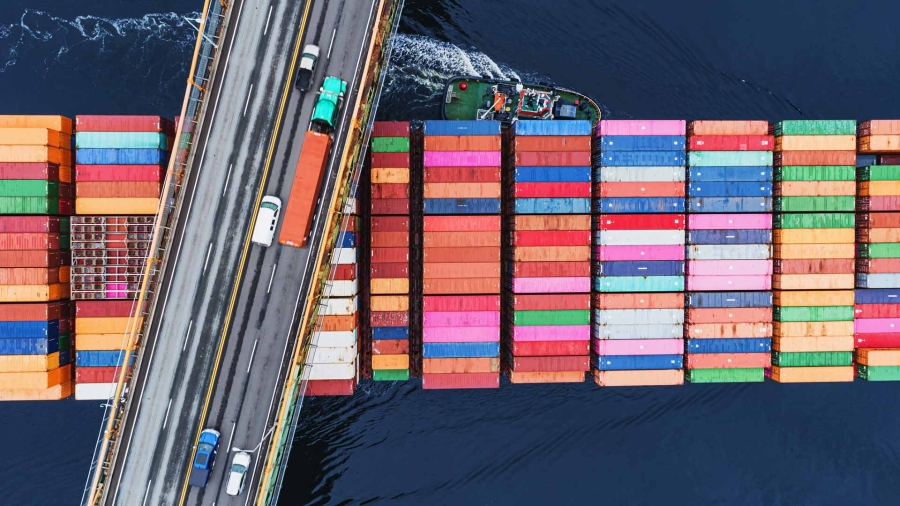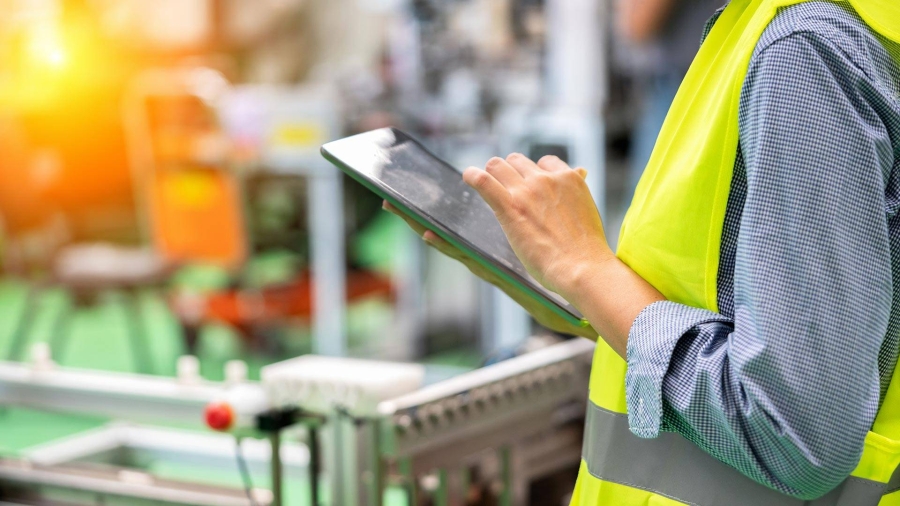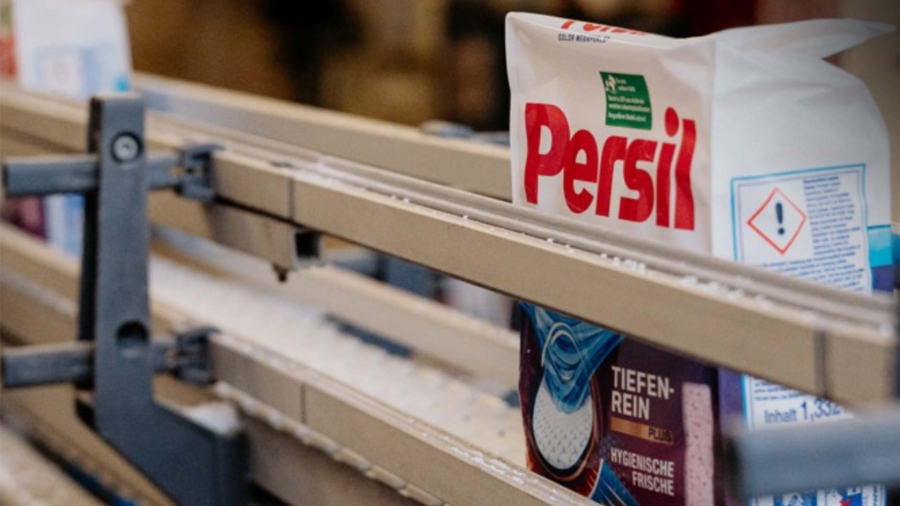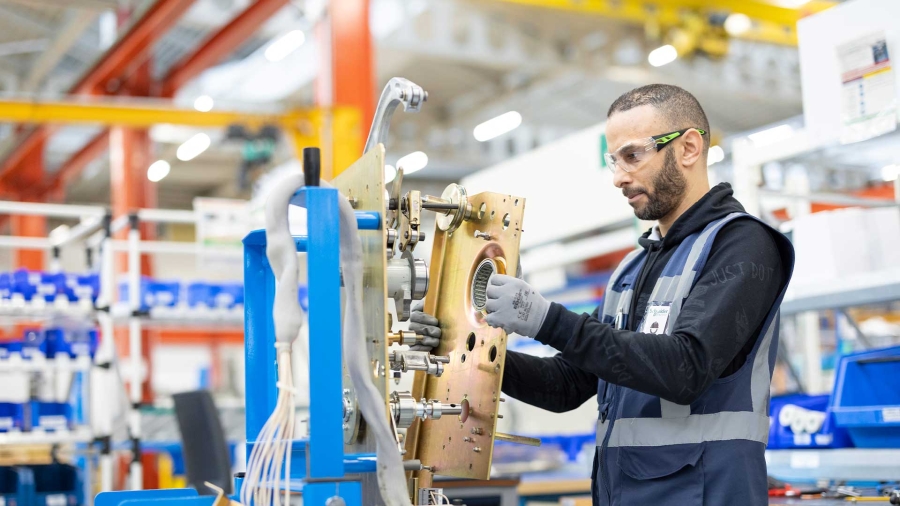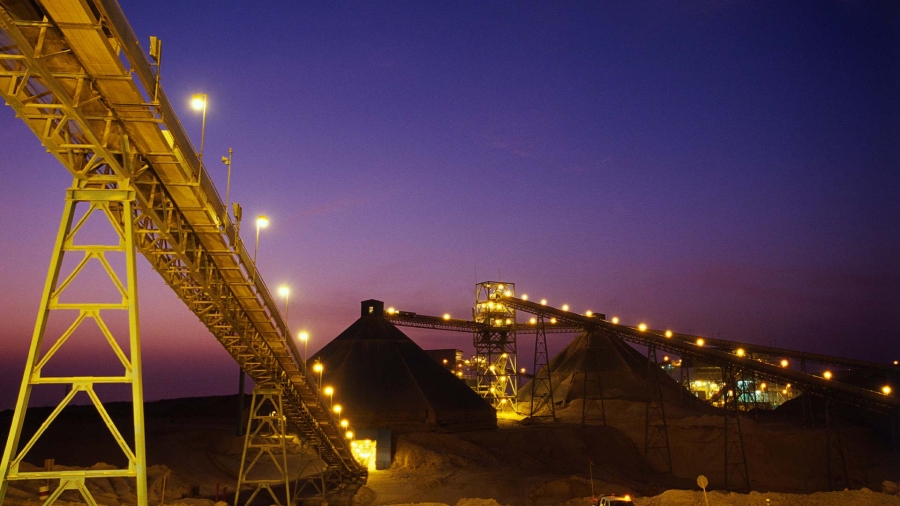Fish sludge has long been prized as a source of nutrient-rich fertilizer for agricultural uses. Turning it from aquacultural waste into a natural fertilizer is where Norway’s Blue Ocean Technology operates. It has been producing compact and energy efficient systems specifically designed to handle and treat aquaculture sludge for domestic and international customers for the last five years.
Aquaculture – or fish farming – has become increasingly important as overfishing has been depleting our natural fish supplies. Annual aquaculture production is projected to grow by 32% by 20301. Traditionally dominated by Asia (89% of global aquaculture production by 2030), the sector is expanding rapidly in other geographies, as well, with growth in Africa and Latin America expected to reach 48% and 33% respectively. Norway’s aquaculture industry, renowned for its high-quality product, is also projected to grow by almost 20%.
And more fish means more fish sludge...
In Norway’s case, fish farming is expected to become one of the main players in the country’s bio-economy. Every year, approximately 27,000 tons of nitrogen and 9,000 tons of phosphorus end up in the sea in the form of fish sludge2.
The aquaculture industry has had a reputation for focusing primarily on maximizing production – even at the expense of the environment – but this is changing. Increasingly, it is embracing more sustainable and environment-friendly practices and ecologically sound technologies. These are values shared by both Schneider Electric and Blue Ocean Technology so it was a natural fit when the two companies began collaborating on the development of Blue Ocean’s sludge treatment facilities, with digital solutions to improve process control and monitoring.
Read more about Blue Ocean Technology and its sustainable practices in this blog



